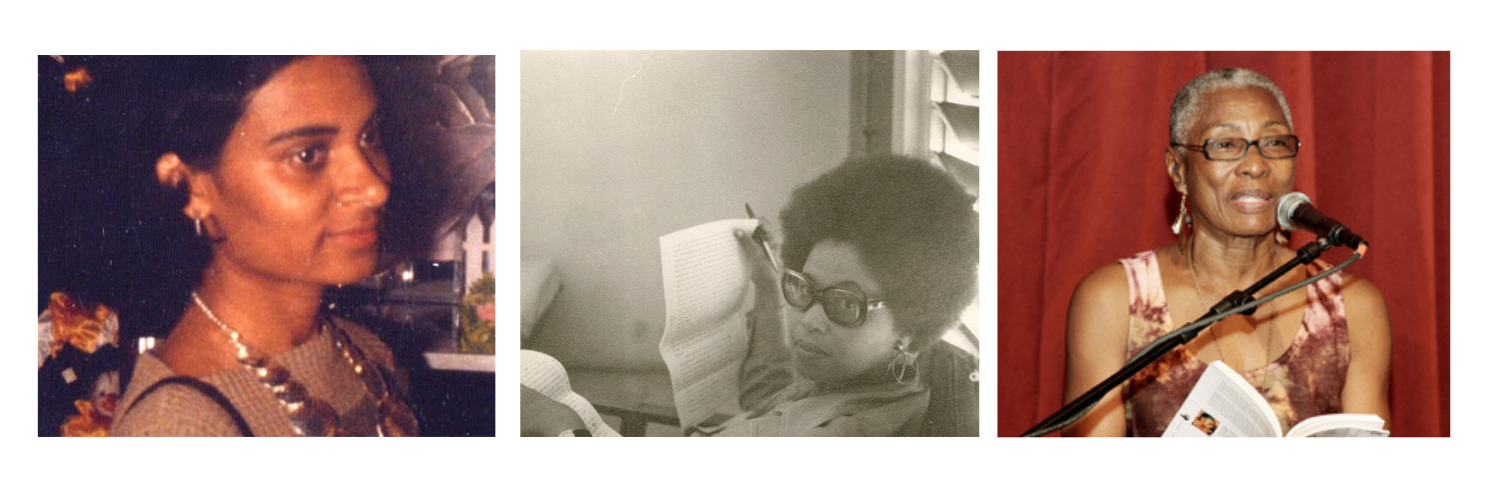Mahadai Das, Sylvia Wynter, Velma Pollard.
Caribbean Women: Intimations on Poiesis and Humanness
A dissertation submitted to the University of Bristol in accordance with the requirements of the degree of Master of Arts by advanced study in Comparative Literatures and Cultures in the Faculty of Arts.
School of Modern Languages
13/11/21
mark: distinction
Thanks for stopping by :) I thought I would share a few things I explored during my dissertation as people have been asking about it.
Intimation. An intimation is a subtle communication, hint or message which signifies complexity and discretion.
Poiesis. The term poiesis comes from ancient Greek philosophy and it means ‘production’ or ‘making’ towards an end goal. It’s where we get the word ‘poetry’ from. In my dissertation, I used it with an added layer of complexity. I took an idea from Martin Heidegger’s work The Question Concerning Technology in which he views technology as a pathway to revealing something deeper ourselves. For example, the materials needed to make a biro pen have always existed, but the idea of the biro comes into existence as something which shows us something about human nature. I discovered that human nature calls for recording on something tangible. It is this understanding of poiesis as revealing something innate which I ventured into the project.
Humanness. The condition or quality of being human.
I chose this topic because I’m always interested in how stories and poetry reveals aspects of what it means to be human. I wanted to explore the perspective of a different culture which I’d had exposure to, but would still feel like new territory. I’d previously studied revolutionary poetry of Caribbean writers Nancy Morejón, Nicolás Guillén, and René Depestre and was curious to find out if there was perceivable consistency or ‘glue’ to the way Caribbean writers viewed the world. After meandering, I chose to focus on women as these perspectives resonated with me the most.
This became an investigation of my own personhood through the poetic and theoretic writings of Mahadai Das, Sylvia Wynter, and Velma Pollard where I would respond to their ideas through writing poems.
Poet as Mediator
I spent the final chapter thinking about how these concepts transfer to my poetry practice and used the archipelago as a motif to think about how communities coexist. Everything I investigated in my research finally came together and I chose mediation and conflict resolution as the best framework. Click on the link below to read more.
“The poet-Mediator encourages those who want to gain understanding across difference that the possibilities of working towards collaboration need not conform to cultures or expectations that have previously been standardised on both sides.” - Leeza Awojobi, 2021
